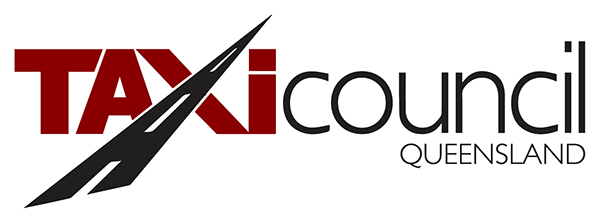11/12/2015
The State Government’s proposed revised liquor licensing laws will not solve the problem of alcohol fuelled violence and could create more issues according to a taxi industry representative who is also a criminologist and former consultant in the area of alcohol related policy and issues.
Gordana Blazevic is Chief Executive Officer of Gold Coast Cabs and Vice President of Taxi Council Queensland, and has worked with previous state and local governments developing and evaluating strategies around alcohol related issues.
She says a 2am or earlier closure or lockout won’t stop violence but will only make it harder to contain, because people will take their parties to the suburbs instead of staying in a more controlled precinct environment.
“Right now taxis pick up customers in entertainment precincts at secure ranks where people have police supervision and every effort is made to keep people safe.”
“If people feel they can only drink till 1am or 2am it will encourage them to congregate across the suburbs, forcing taxi drivers to put themselves in greater danger due to the unregulated and unknown environments of the pickup destinations they will be called to.
She also said that having thousands of people on the streets at one common time will put pressure on transportation and will likely cause even more violence-related problems.
“This is a poorly thought out political strategy which will undo all the good work that governments, police and other stakeholders have done over the past decade to make our entertainment precincts work.
Ms Blazevic said that it is misleading to suggest that the majority of violent incidents occur after 2am. “Indeed many recent incidents of alcohol-fuelled violence have occurred before the proposed 2am closure time.”
She said the Government should instead be enforcing existing laws and ensuring that venues comply with legislation by serving alcohol more responsibly and stop serving intoxicated patrons.
“This is simply lazy legislation. The Government is attempting to fix a problem with more regulation when the answer simply lies in enforcing what is already there.”
ENDS
